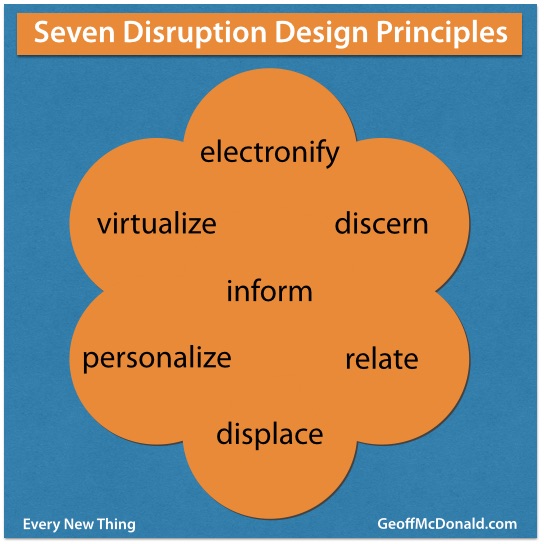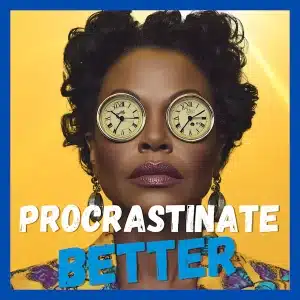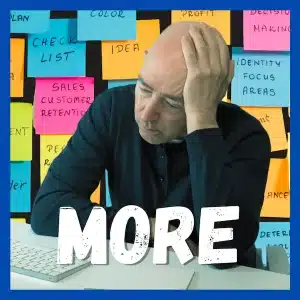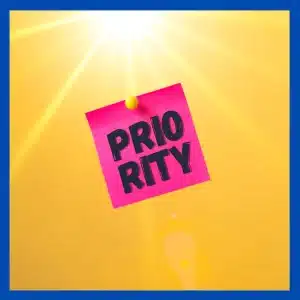Here are the seven principles from my new-old book Every New Thing… I’ve been thinking of them as design principles for new products and services. And, given they could create revolutionary products I’m calling them disruption design principles…
1 Inform: tell me something
Definition: Things that inform us, educate us, we can learn from
In the past this was mostly through printed forms such as newspapers, magazines and books. Today, information is primarily digital in form. And, there is a big shift away from words to images and ultimately moving images in the form of videos.
2 Electronify: make me electronic and let me do new things
Definition: electronify = to make electronic. Previously, mechanical technology became electric and then electronic. Today we’d probably use the term ‘digital’ or ‘digitalize’.
If you’re old enough to remember music records and cassette tapes that became CD, then DVDs and now they’re simply digital files downloaded and streamed from the internet.
3 Discern: work it out for me
Definition: To discern means that we can distinguish, discriminate and determine. Our things can now make decisions for us at some level.
In the past our devices were dumb. For instance, you put your clothes in the washing machine, pressed a button and the same thing happened every time. Now, with a smart washing machine you press a button and it does a calculation based on the size of the load to determine the best wash cycle. It then customizes the wash cycle for you to get the best result.
[Tweet “The seven design principles of every new thing #disruption #innovation”]
4 Relate: work with me
Definition: Things that change in form in response to their use.
When you read a book it’s passive and static. That means every end user receives the same book. Compare this to a video game where what you click on determines what happens next. Instead of one-way relationships we now have two-way interactions.
5 Displace: free me from my location
Definition: Things that operate independently of their location
I remember as a kid sitting by the record player to hear the songs play. Fast forward to today and with our smart phones we can listen to almost any song, watch any movie and chat with any friend anytime and anywhere. That’s freedom from your location and it has a profound impact on what we do, how we do it and where we do it. Another common example is working at the local coffee shop on your laptop. It’s one of the joys of my life! It sure beats sitting at home or in an office all day.
6 Personalize: make it just for me
Definition: Things that are tailored to an individual
Industrial machines pumped out the same-same-same. Every product was identical. Dell Computers were the first major manufacturer to let you design your own specifications for your new computer and track its individual progress as it is assembled and delivered. Compare this to buying a standard device off the shelf.
7 Virtualize: give me the effect without the effort
Definition: ‘Virtual’ means to ‘to give the effect of’. And, when it comes to the design of things it’s all about producing a similar effect in a new way.
Perhaps, the obvious example here is the ‘virtual reality’ we experience when we play a computer game or a simulation of a space flight. There are also more subtle virtual products. For instance, prior to the washing machine, you had to manually scrub your clothes against a corrugated washboard. Now, we have machines that fill with water and clean your clothes with the help of some detergent. No more scrubbing! And, the result is the same… clean clothes.
NEXT: We’ll explore each of these principles in more detail.
QUESTION: Which of these seven principles still fit today’s context? Do you think any of these need an update?




